It is interesting to reflect on how the model of television has changed in recent decades.
Historically, television was produced using a conveyor belt model. A production team would begin work on a season with a few weeks or months of lead time, and it would continue working on the show as it was broadcast. Production time might slip a little bit, and the gap between production and broadcast would narrow. Networks would greenlight first seasons in batches, signing off on 5-to-13 episodes to begin with and then extending their commitment based on ratings and reviews.
This was an interesting model because it allowed for incremental change. It was possible for a production team to get real-time feedback on how particular elements were working and to adjust later scripts within the same season based on the audience’s reaction. There was a certain dynamism to this mode of production. In 2001, Aaron Sorkin was famously able to retool the third season premiere of The West Wing to respond to the 9/11 attacks in less than a month.
This was true even among the early wave of shows that embraced serialization. During the writing of “In Purgatory’s Shadow,” an episode in the middle of the fifth season of Star Trek: Deep Space Nine, writer Robert Hewitt Wolfe spontaneously decided that Julian Bashir (Alexander Siddig) would be revealed as a shapeshifting imposter for a “shock of shocks.” By that stage, multiple episodes of the season had been shot. Siddig would only find out the twist during the filming of the prior episode.
To be clear, this mode of television production had its drawbacks. Networks relying on ratings for week-to-week feedback on a show’s performance could make impulsive decisions about shows that had yet to find their audiences; Fox was notorious for canceling cult shows after a single season, especially ones that later found large audiences on home media. Panicked networks could even quickly pull underperforming shows from the schedule, meaning certain episodes never got seen.
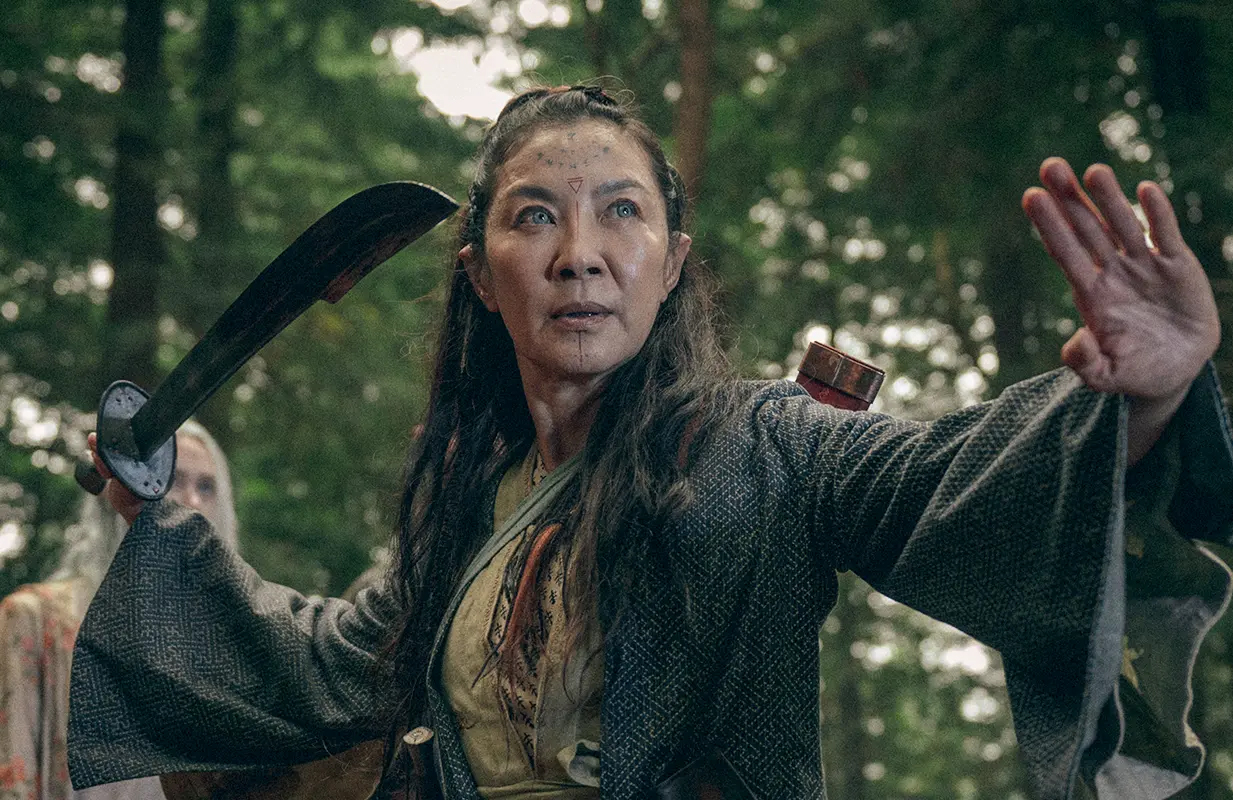
This has obviously changed. Shorter season orders and the emergence of “binge” releases, coupled with larger budgets and a heavier reliance on arc-driven storytelling, have pushed television production to favor the season rather than the episode. It is now common for entire seasons to be finished before a single episode is released. Seasons can be radically retooled in post-production. She-Hulk’s premiere largely comprised footage intended for the penultimate episode.
This shift has had a number of serious consequences for how television is produced and consumed. It is a large part of the reason why so much streaming media is shapeless “content soup,” a loose assemblage of elements that can easily be taken apart and restructured in post-production, ignoring the integrity of individual episodes. It is also part of the reason for “the Netflix bloat,” in which the middle stretches of streaming seasons become unfocused and muddled second acts.
It also plays into the tendency to blur the formal boundaries between television and film, as this method of production is much closer to the model traditionally employed for films. This shift is far from the only reason that creators and critics have taken to describing modern television shows as “multi-hour movies,” but it is a factor. If a season of television goes through pre- and post-production cycles that are identical to those used for films, the comparison makes certain sense.
The Witcher: Blood Origin takes this idea to its logical conclusion. If a streaming show is really just a really long movie with arbitrary chapter breaks, then it can be treated by the studio like any other movie. Freed from the rolling conveyor belt model of traditional television, streaming shows are subject to a new sort of executive meddling. Shows are no longer retooled in real time, in response to the weekly ratings. Instead, entire seasons are restructured at the whims of producers.
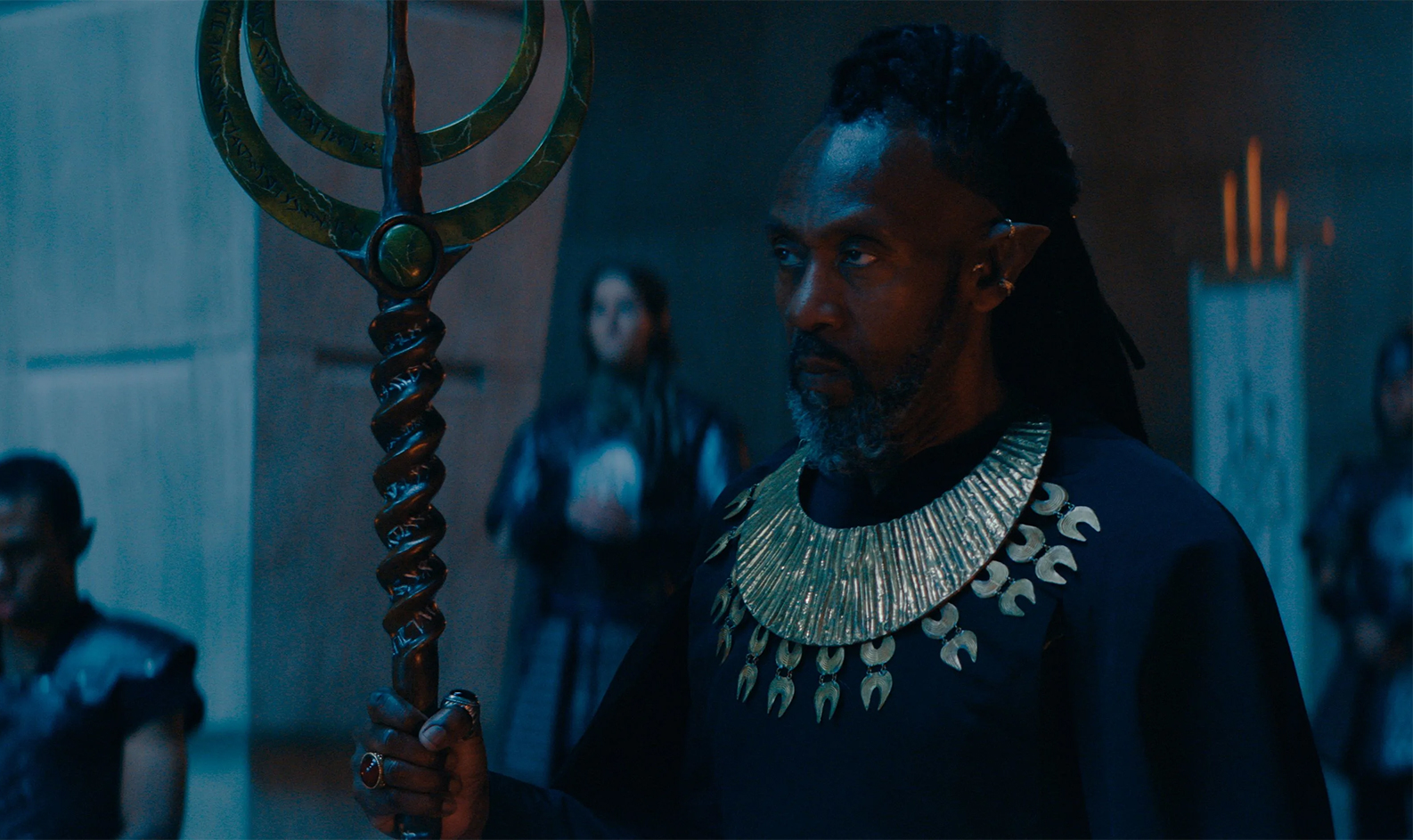
Two whole episodes of Blood Origin disappeared in post-production. The series was announced as “a six-part limited series” in July 2020. Production began in August 2021, and filming wrapped in November 2021. Then in April 2022, the series underwent two weeks of reshoots, and rumors began to circulate that the series would only contain four episodes. This reduced order count was confirmed in September 2022. That is a very troubled production.
More specifically, it is the kind of troubled production that tends to be associated with big-budget blockbuster films. These extensive reshoots and post-production issues have become a lot more common in the age of the carefully managed intellectual property. This isn’t always a bad thing. After all, for better and worse, this is just the way in which Marvel Studios makes its blockbusters. Because these objects have brand value to the studio, they are subject to greater scrutiny.
The process isn’t always painless. Studios might replace creators on these reshoots, swapping out Gareth Edwards for Tony Gilroy on reshoots of Rogue One: A Star Wars Story. There are any number of horror stories involving blockbusters that have gone through this nightmarish process: Josh Trank’s Fantastic Four, Joss Whedon’s Avengers: Age of Ultron, Phil Lord and Chris Miller’s Solo: A Star Wars Story. The results are occasionally interesting but are often disheartening.
This sort of meddling is not unheard of in television production. The second season of Big Little Lies generated controversy when director Andrea Arnold found her style being minimized by HBO and writer David Kelley during post-production. There were rumors and speculation that The Falcon and the Winter Soldier was heavily reworked in the editing bay. Without confirming the details, head writer Malcolm Spellman has confirmed there was a “lost” storyline.
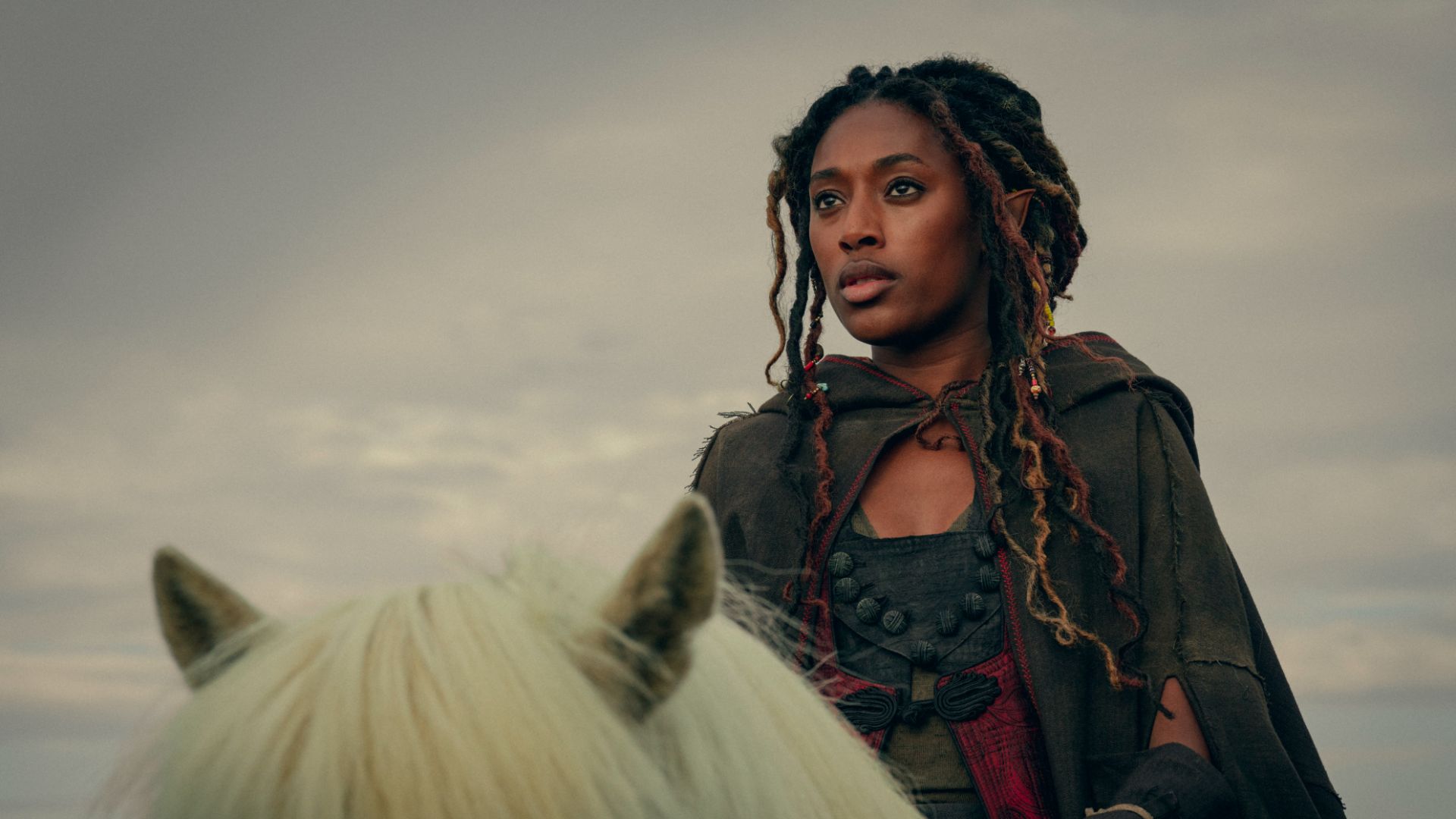
As most of the above examples demonstrate, studios are more likely to directly interfere in properties tied to larger brands. Those brands have value beyond individual movies, and studios can be very conservative in trying to protect their larger investments. In many cases, it is better for a studio to produce something bland and forgettable than interesting and dysfunctional. Fans will forgive something indistinct but will hold grudges over something that plays with their expectations.
As television and streaming production becomes more like movie production, this sort of meddling is likely to become more common. Indeed, the tinkering with The Witcher: Blood Origin was done in part to make it more like a movie. Co-showrunner Declan de Barra has explained that the production team cut two whole episodes — a third of the narrative — from Blood Origin because they wanted it to feel like “a two-part movie.” Interestingly, the released cut of Blood Origin is only marginally longer than movies like Avatar: The Way of Water or Babylon.
This particular motivation is quite common on these sorts of post-production revisions, with studios setting a maximum possible runtime for a troubled movie. When Joss Whedon took over Justice League from Zack Snyder, Warner Bros. CEO Kevin Tsujihara made it clear that the studio expected the finished cut to clock in at under two hours. The result was one of the most incoherent and soulless blockbusters of this young century.
This comparison feels strangely apt. The basic plot structure of The Witcher: Blood Origin is a riff on Seven Samurai, the story of an unlikely group of seven outcasts who come together to save the realm. Snyder built his Justice League around the same template, and it also informs his current work on Rebel Moon. At their core, both Blood Origin and Justice League are stories about the necessity to “unite the seven.” As such, it feels strangely appropriate that Blood Origin ultimately suffered the same fate as Snyder’s Justice League.
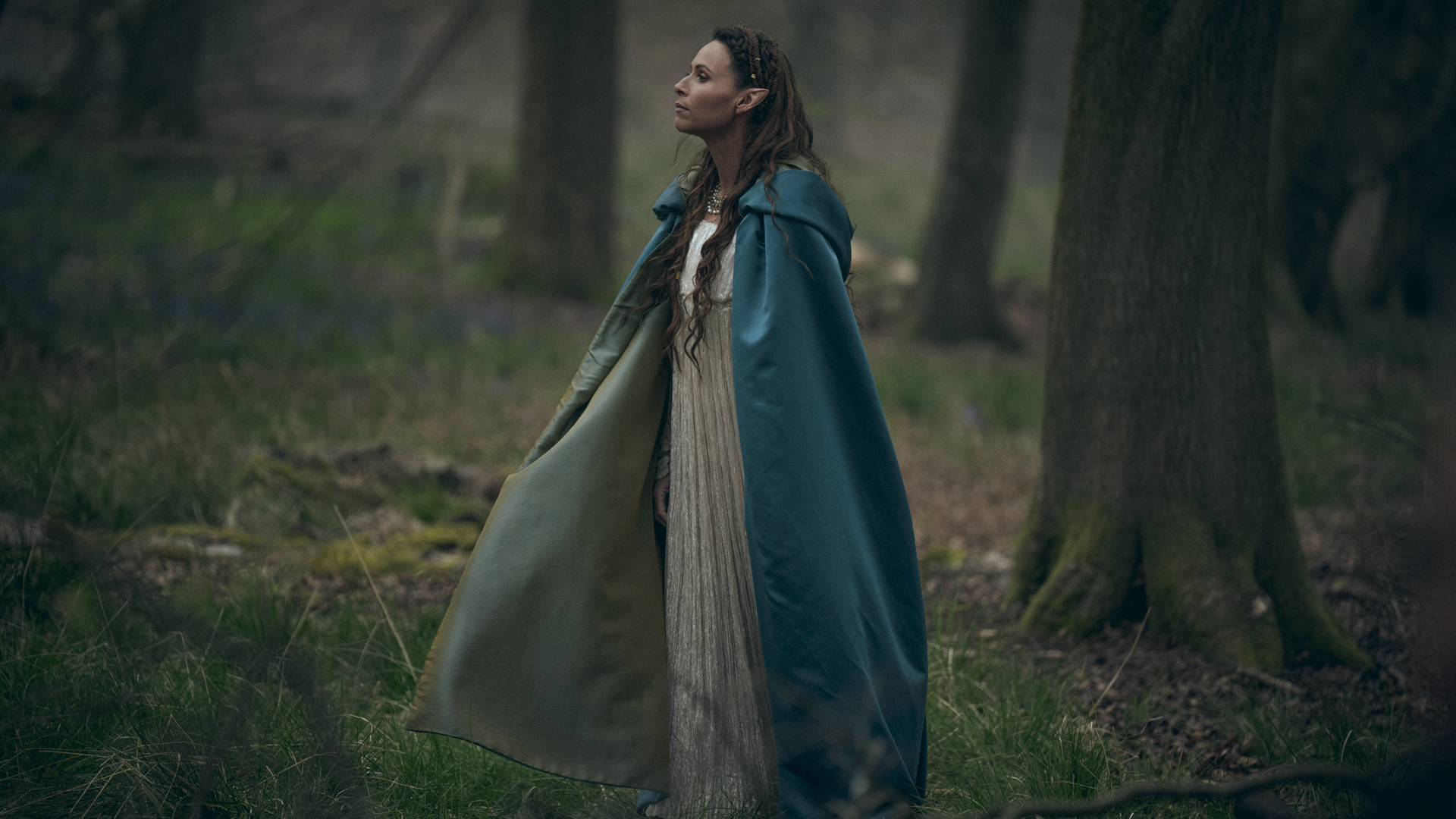
For film studios, shortened runtimes make sense because they allow theaters to schedule more showings, which theoretically increases the box office haul. Producers working at streaming services have a similar motivation to compress content, as success for these shows is often measured by completion percentage and completion time. Shorter runtimes for these series mean a higher rate of viewer completion within a shorter time, making it easier for these shows to appear successful.
Many of the problems with Blood Origin stem from the decision to cut the season’s middle four episodes down to two. The show does a lot of storytelling in voice-over narration, and a surprising amount of dialogue is delivered in wide shots, two tell-tale tricks that producers and editors will use to plug the gaps created by stripping out material. Cliffhangers are arbitrary. The storytelling is confused, and there’s a palpable desire to reach the endpoint as soon as humanly possible.
To be clear, this is not an argument that the original six-episode version of Blood Origin was some lost masterpiece that merits a reconstruction and reclamation. Even watching the scenes that remain, it is clear that the show was in trouble long before reshoots and ruthless editing. De Barra’s past credits include working on Netflix and Marvel’s Iron Fist, which sets expectations relatively low, and Blood Origin still manages to limbo under them.
This is simply an illustration of how the shifting model of television production has affected the way in which studios engage with shows like Blood Origin, Big Little Lies, and The Falcon and the Winter Soldier. The model has shifted away from the evolving and dynamic approach associated with network television, moving towards the kind of large-scale post-production ground-up reimagining that is more common with franchise feature films. This is just the reality of the situation.
Blood Origin demonstrates that, as modern television shows are more likely to be considered “ten-hour movies,” they are also more liable to be hacked to pieces like them.

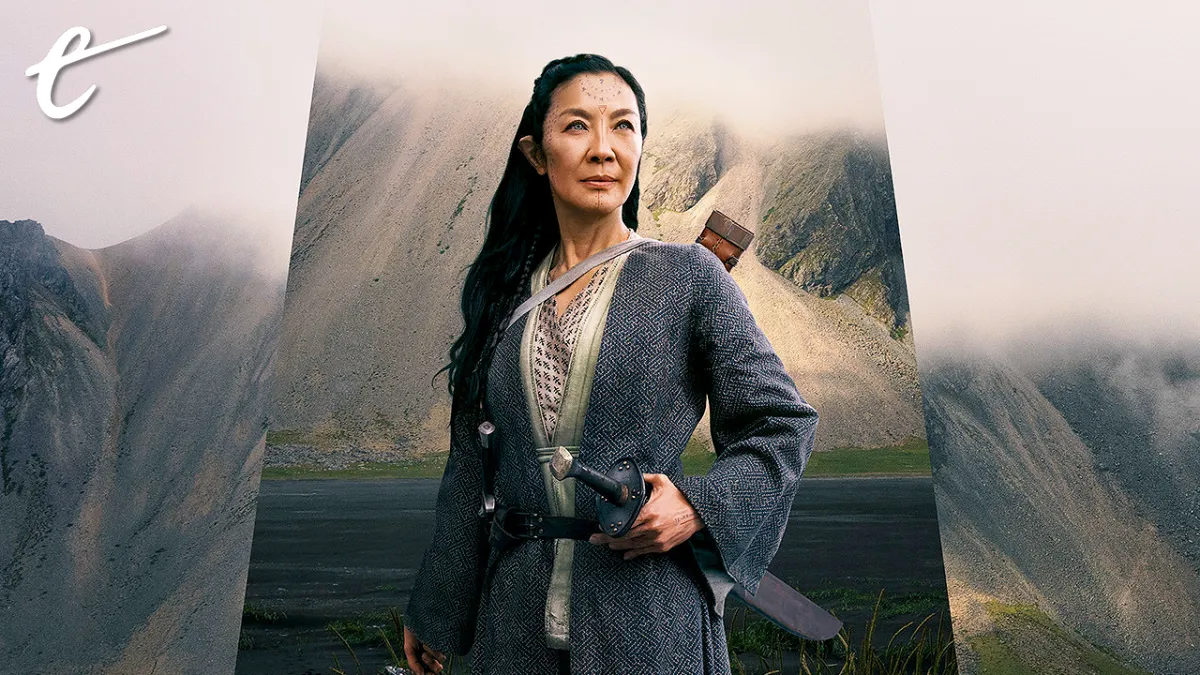




Published: Dec 27, 2022 12:00 pm